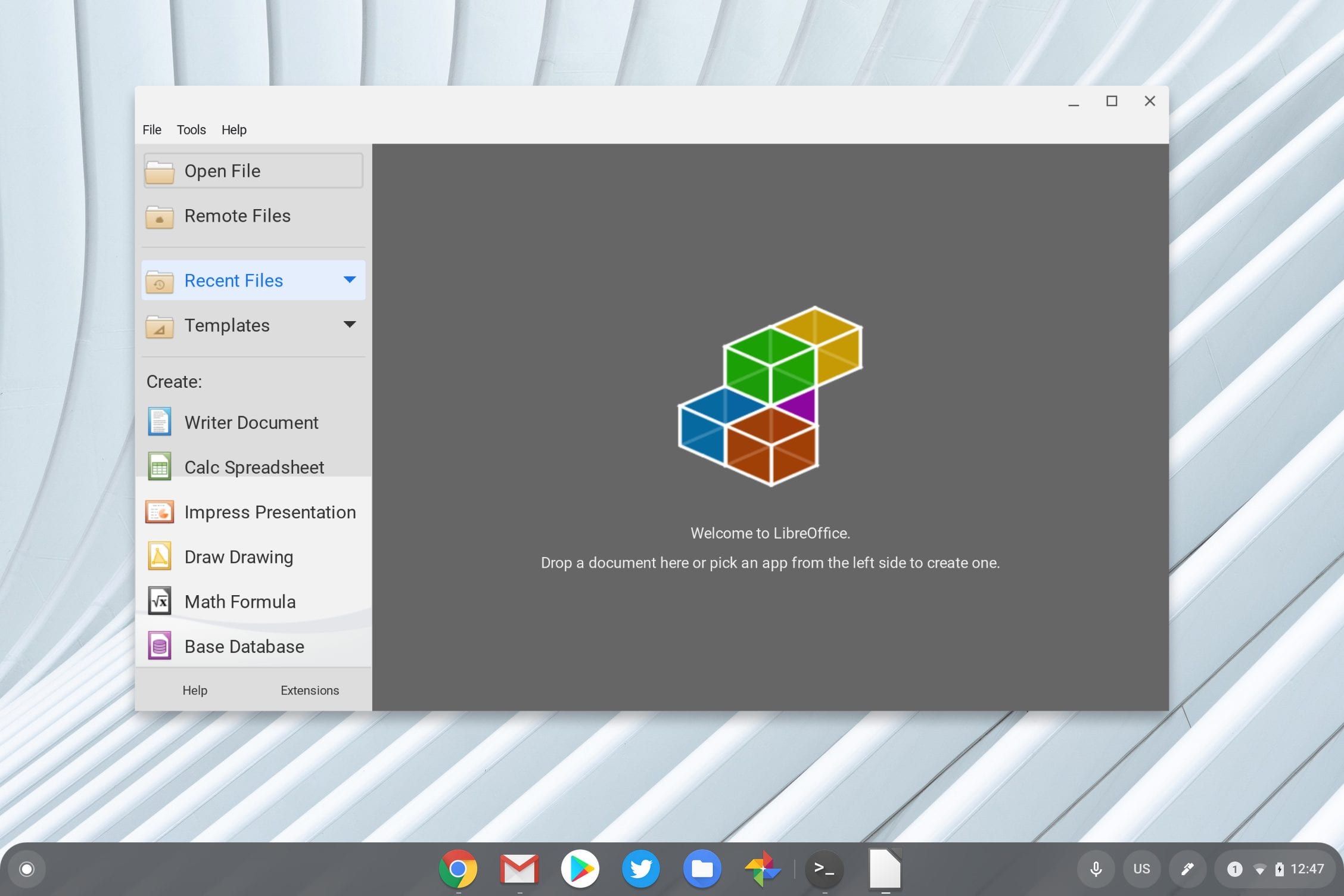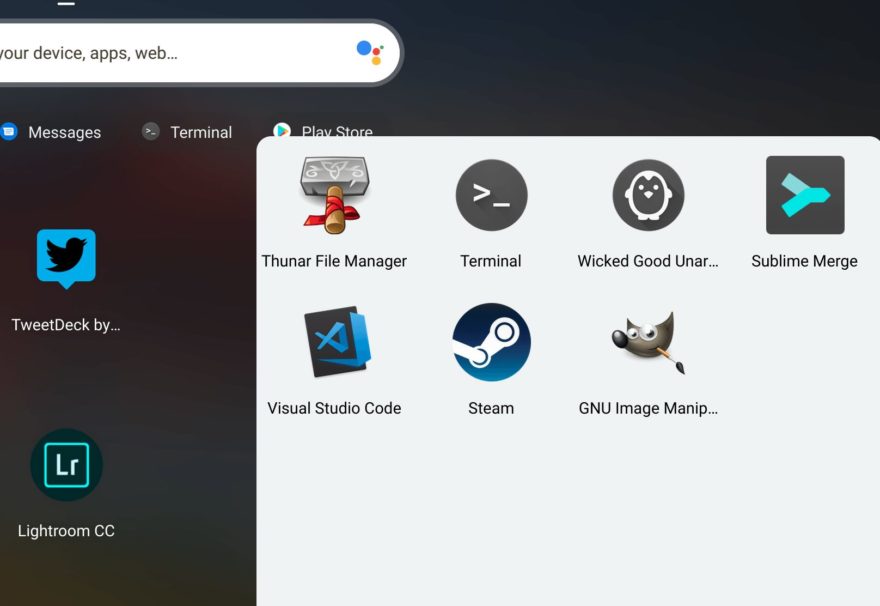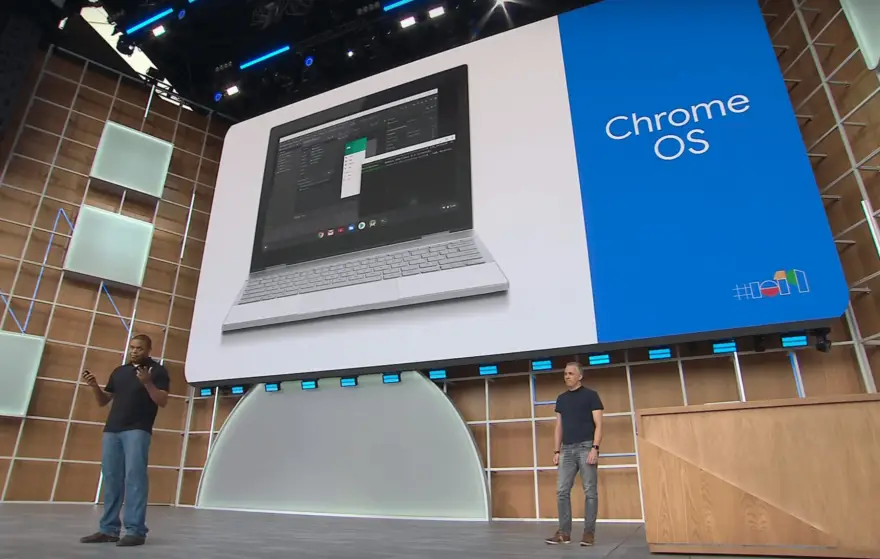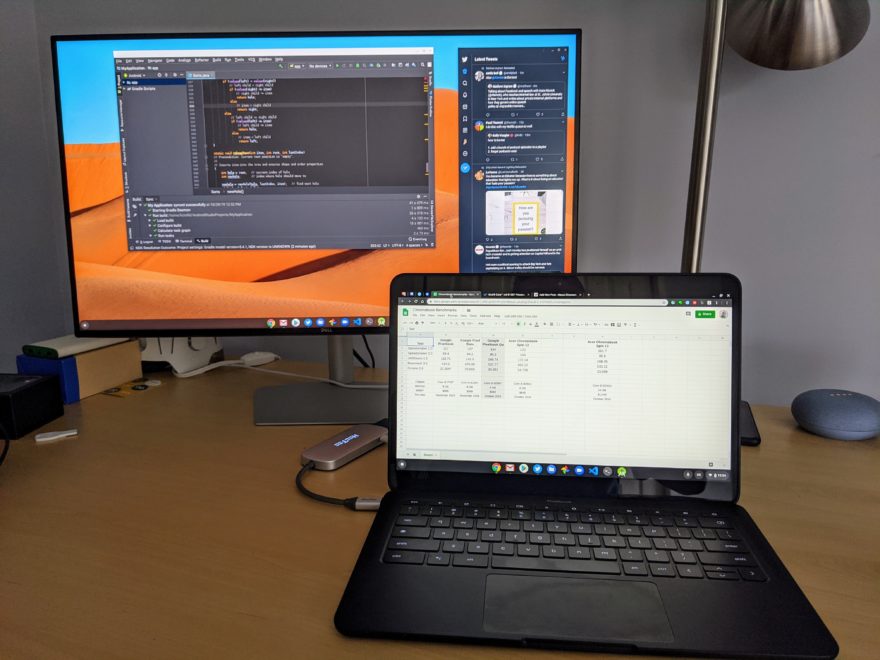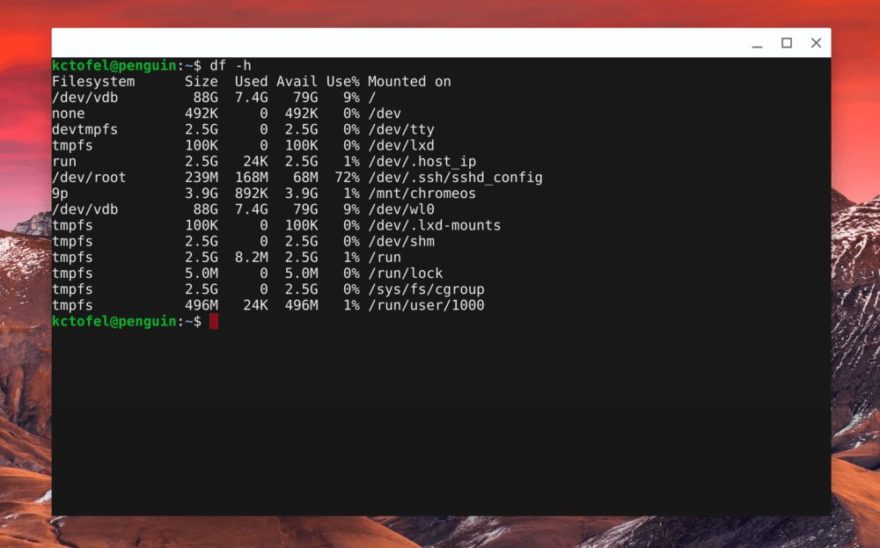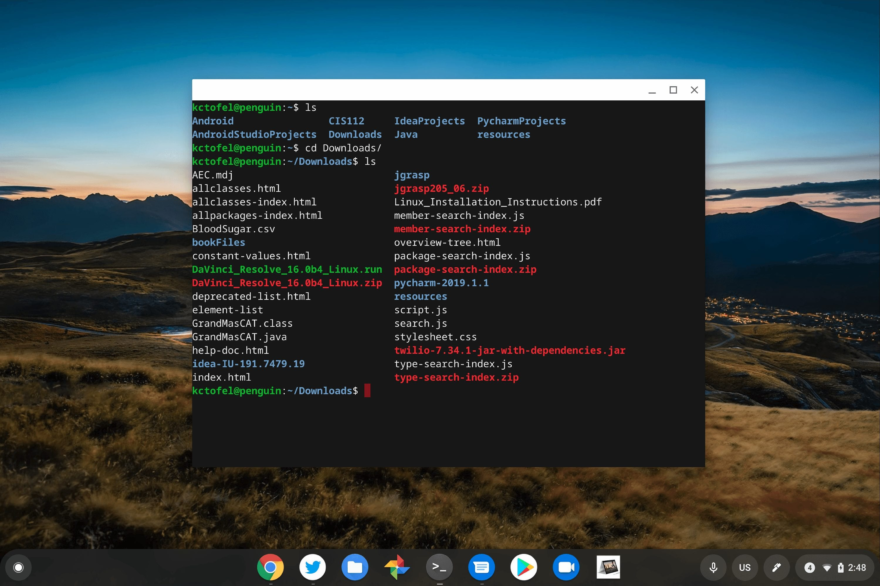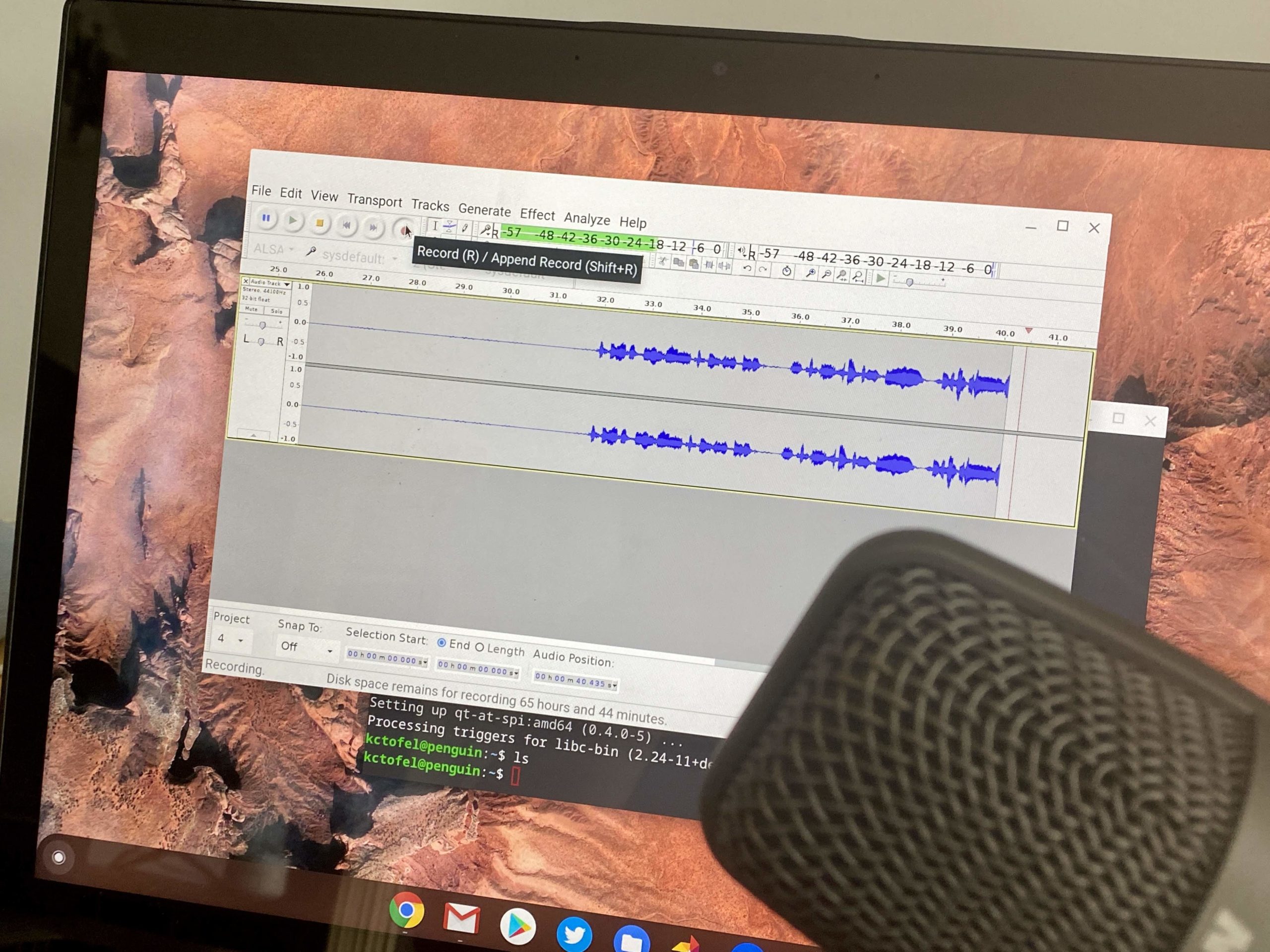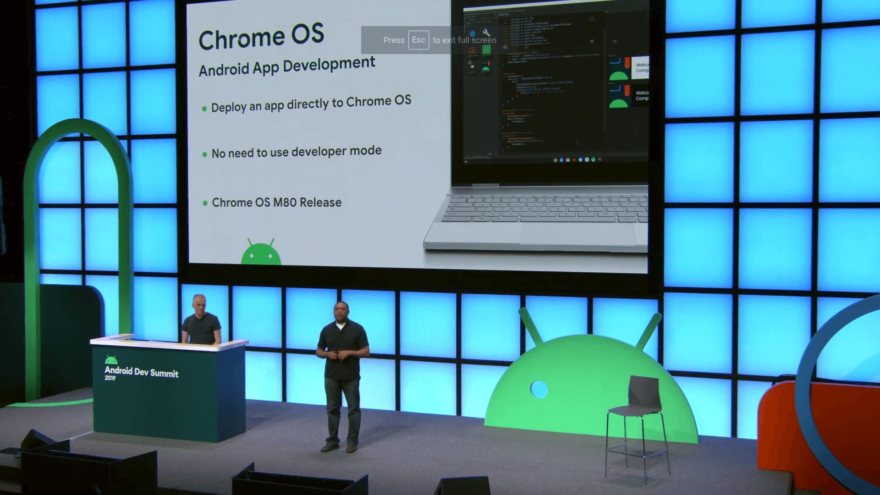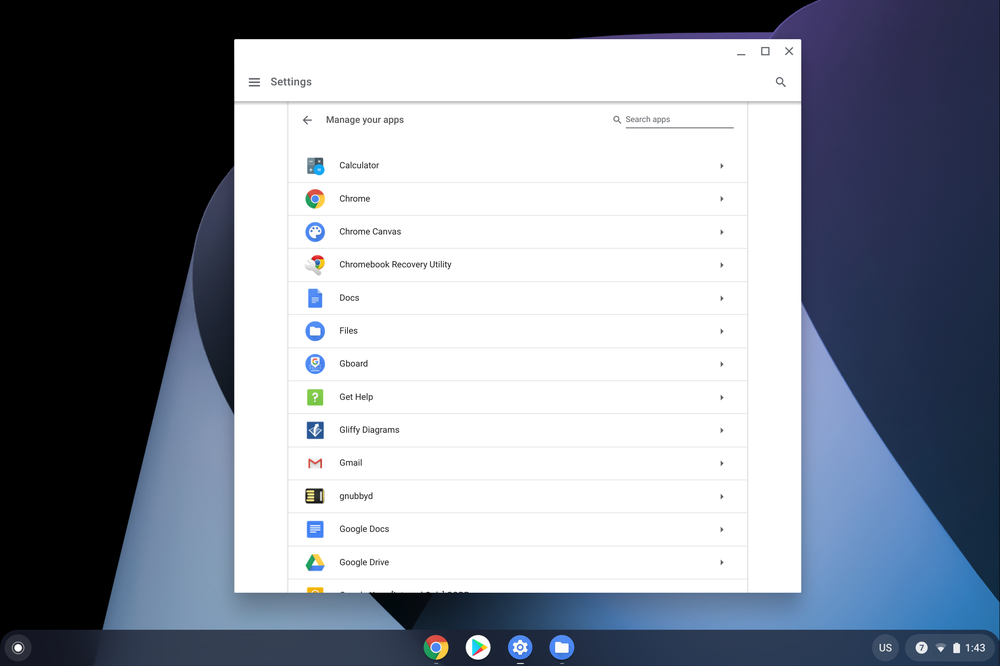How to install LibreOffice for Linux on a Chromebook after downloading it as a tar.gz file
Did you download LibreOffice or some other Linux app as a .tar.gz file on your Chromebook? You’ll need to roll up your sleeves and run a few Linux commands to install it. Here’s how.
